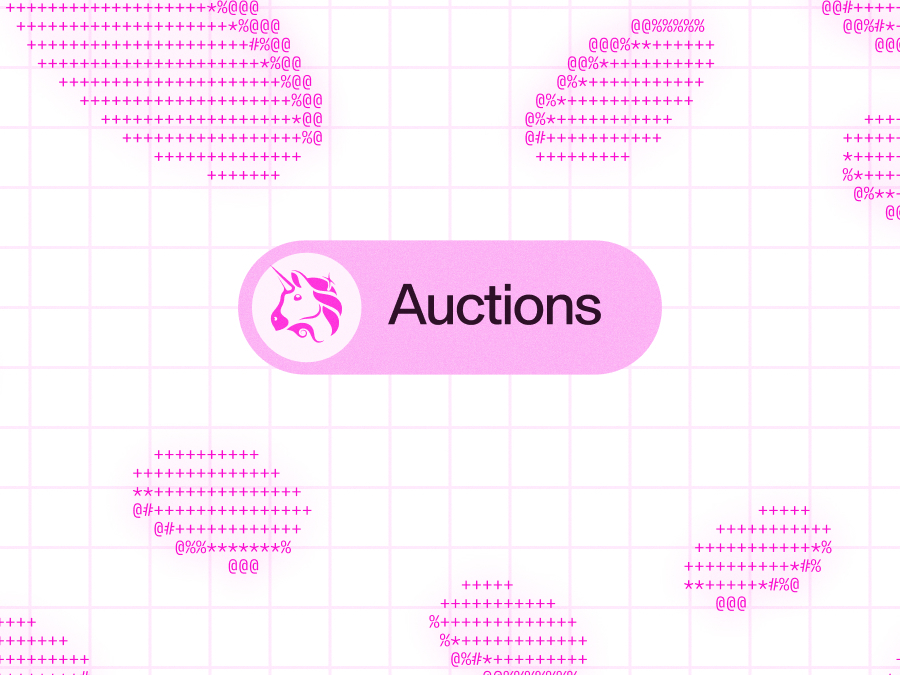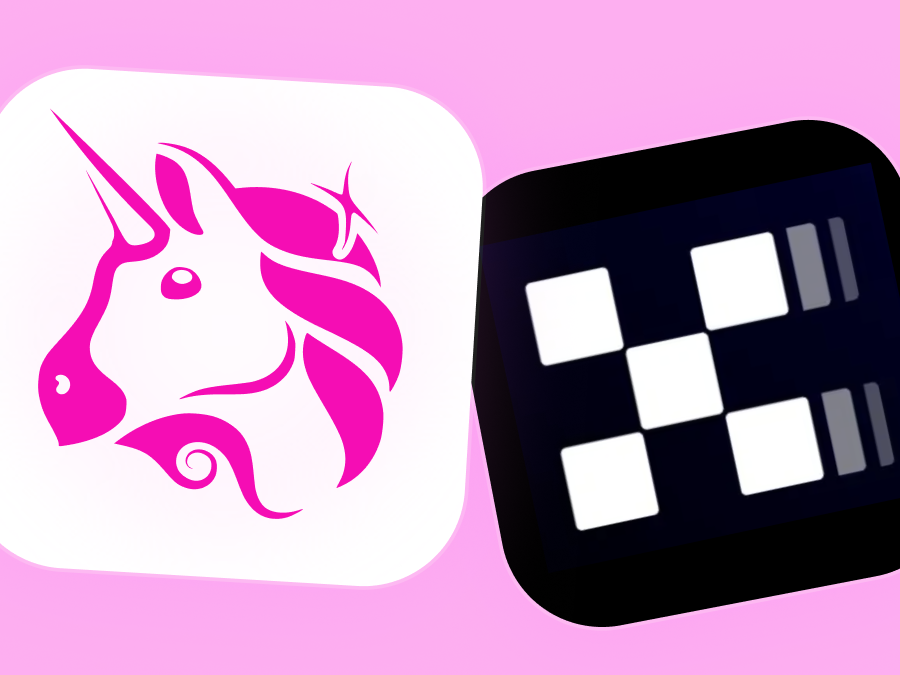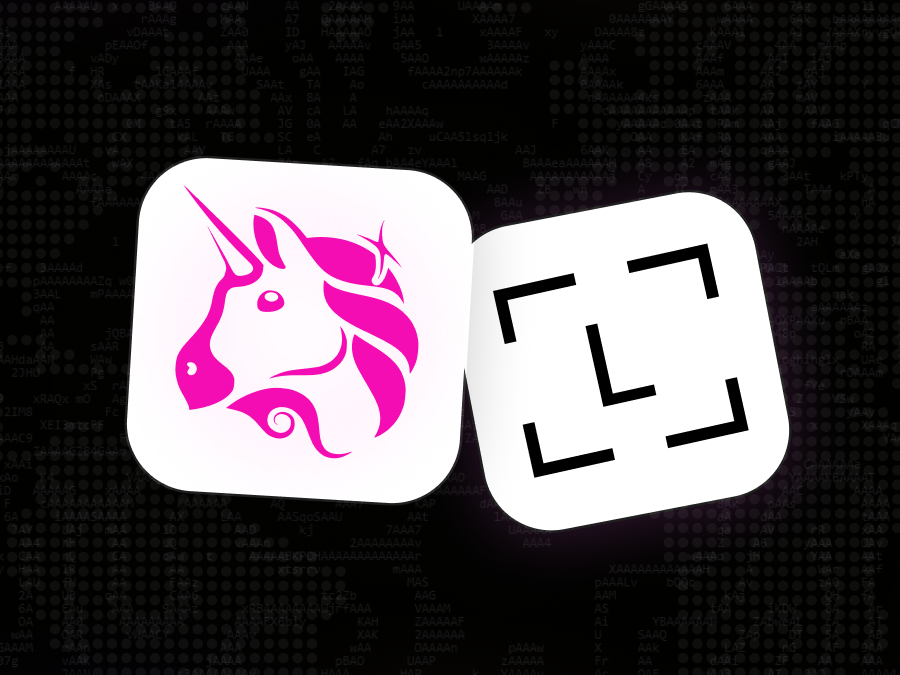Ethereum's scaling solutions have captured everyone's attention this summer. Optimism's Bedrock update lays the groundwork for custom scaling networks. Polygon 2.0 unifies all Polygon protocols. The Boojum upgrade lowers the hardware barrier to help secure zkSync. And, of course, Base launched! Around the world, developers, hackers, and researchers are pouring hundreds of hours into the same problem: What's the best way to scale Ethereum?
Projects and developers are preparing crypto for the next wave of user adoption. Now that we have cheap transactions and the speed to compete with traditional financial rails, the crypto-curious will spend more time on Optimism, Arbitrum, Base, and Polygon than Ethereum itself.
For the next few weeks, we'll explore each of these chains, including some onchain activities and prizes. We'll learn about the technology, popular applications, and community using the Uniswap app.
How scaling solutions help Ethereum
Scalability is an important property of blockchains. It measures how many transactions a blockchain can process, how quickly, and how cheaply. You've likely experienced scaling limitations --- paying high gas fees or waiting for your swap to execute.
Years of hard work researching different scaling solutions have laid the foundation for a thriving ecosystem of applications, users, and activity on these networks. Together, Ethereum scaling solutions have made the crypto UX much cheaper and faster, processing hundreds of millions in daily volume.
Currently, most scaling solutions are implemented as rollups. These rollups increase transaction throughput by producing faster blocks, bundling these transactions, and then sharing them with the Ethereum mainnet -- all while sharing Ethereum's security properties.
You can think of rollups like opening a tab. Instead of paying for items you order individually, you can bundle your purchases and pay for them all at once when you close out your tab. A rollup is like a tab. It bundles multiple transactions at once. When it's time to close out, you settle your bill with the restaurant's payment processor, just like rollups settle their transactions on the Ethereum network. Optimism, Arbitrum, Base, and Polygon 2.0 are examples of rollups.
Exploring Polygon, Optimism, Base, and Arbitrum
Scaling solutions are a key part of Ethereum's future. Getting familiar with them will upskill your onchain experience --- and we can help. This summer, we'll deep dive into Arbitrum, Polygon, Base, and Optimism and partner with these projects to help you better understand and navigate this space. We'll see how easy it is to use the Uniswap app and play with these scaling networks at low costs with the simplicity you've come to expect from Uniswap.
To get started, download the Uniswap app and follow us on Twitter for more updates!



